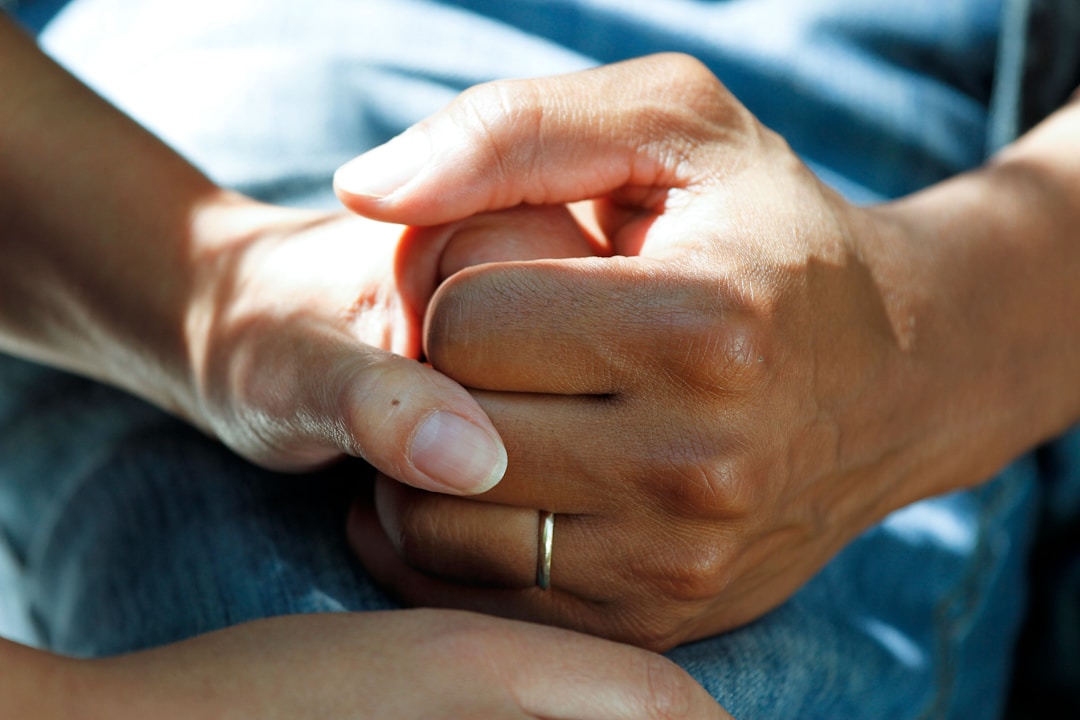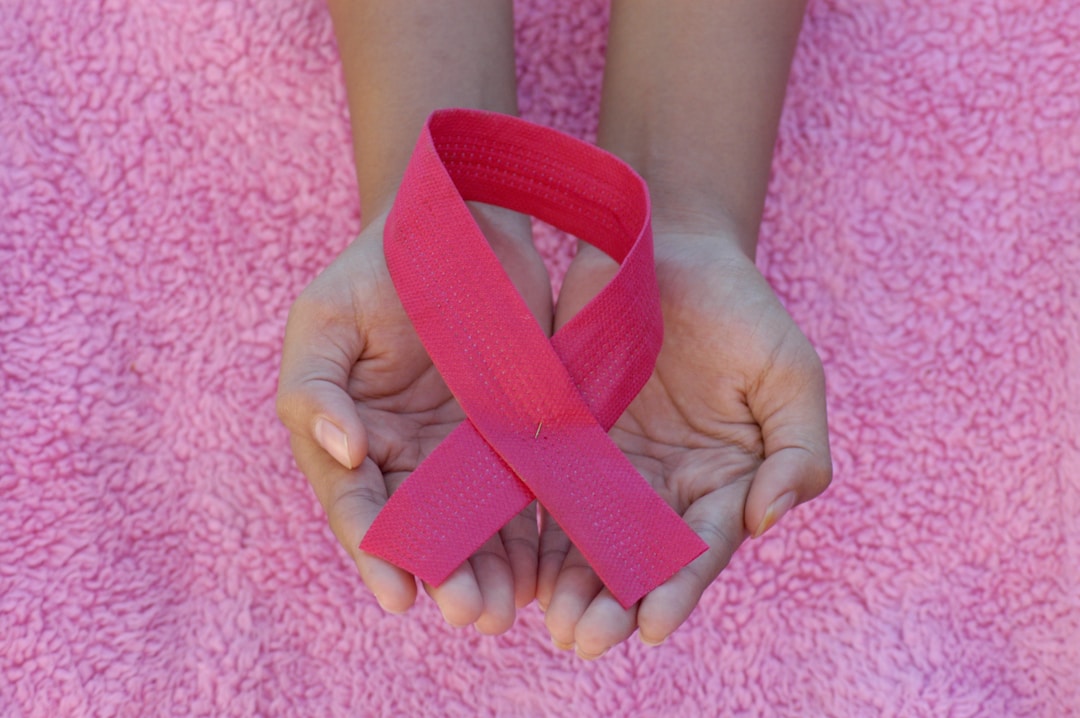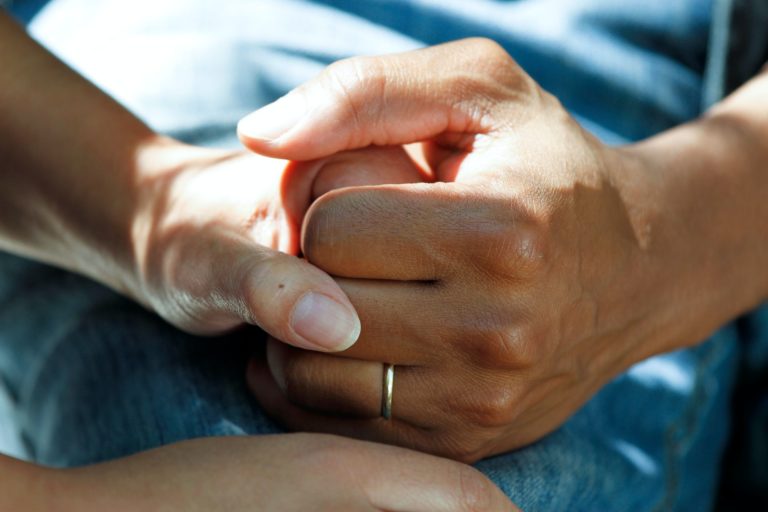Coping with a cancer diagnosis for you or someone you love can be one of the most challenging things anyone ever goes through. If you or a family member or partner have recently received a cancer diagnosis, it’s important to remember that you aren’t alone. From healthcare teams and mental health professionals to family members and online support groups, there are resources out there to help you to navigate your diagnosis. For ideas on ways, you can cope with a cancer diagnosis and even find hope, read on.
Understand your health plan options and limitations.

After receiving a diagnosis of cancer, one of the first things you’ll want to do is call your health insurance company and come up with a plan for how you’ll handle medical expenses. Not all health plans are the same and whether you live in the United States, Australia, or anywhere in the world, you’ll have different systems to navigate. In calling your health insurance company and asking about what treatment options will be covered and not, you’ll be in a better position to make effective treatment decisions with your doctor.
While it’s natural to be immediately focused on things like long-term prognosis and treatment plans for diseases like cervical cancer, colorectal cancer, prostate cancer, or neck cancer, the reality is that it will take your oncologist and other specialists some time to look at your cancer cells to have a good understanding of the treatments you’ll need. It’s during this staging process that you’ll have a little time to work finances out and calling your insurance company will give you answers you may need for things like second opinions, whether or not they cover clinical trials and more.
Dealing with financial stressors while fighting cancer will diminish your quality of life. Instead of waiting to come up with a financial plan for medical expenses, calling your insurance company, meeting with hospital financial services, and applying for social service systems help will pay off your medical expenses in the long run and give you peace of mind so that you can focus on recovery.
Get help for mental challenges and negative thoughts.

Few people can handle a diagnosis of myeloma, breast cancer, bladder cancer, or any type of cancer at all without some mental health problems. It’s normal to feel symptoms of depression like sadness, hopelessness, and even anger. In fact, it’s likely that you and your loved ones will experience the seven stages of grief as you come to understand your diagnoses, side effects, and treatment options on the road to your recovery. For this reason, it’s a good idea to set yourself up with a therapist covered under your health insurance plan.
Consider seeing a licensed therapist who specializes in cognitive behavioral therapy anxiety treatment plans. Cognitive behavioral therapy (CBT) techniques will give you the skills to cope with anxiety and stress that may come before your long and short-term treatments. Having those skills early in could make a big difference in how you experience ovarian cancer treatments or even great news of a benign tumor.
Research your treatment options.

While it’s important to find an oncologist you trust to go over your treatment options and to serve as your primary case coordinator, there are many types of cancer out there. Some oncologists will be more familiar with one type of cancer than another. That is, where one doctor may have a lot of experience in stomach cancer, another could be more familiar with cancers that directly attack the immune system. For this reason, it’s important to take the time to do your own research before choosing a doctor. By knowing you’re in good hands, you’ll be more likely to have a good experience when going through treatment options. Otherwise put, it’s a good idea to feel confident about your doctor’s recommendations, and doing your own research about chemotherapy, radiation, and other treatment options will help with that.
Surround yourself with supportive people.

No matter how old you are or what your life experiences may be, a diagnosis of cancer is scary. You’ll want to build a group of supportive people you can depend on for help with your physical and emotional needs as you work toward recovery. Consider the people in your life like trusted friends and family members and have honest conversations with them about ways they can help. As you build your support team, consider looking into online support groups, too. While your friends and family will likely do what they can to help you, it’ll be helpful to know you aren’t alone in what you’re going through and others with your same diagnosis will be a great source of support.
Fighting cancer will mean ups and downs and great bravery. The good news is that you and your loved ones don’t have to go through it alone. By empowering yourself with information and building a solid support team, you’ll be in a better position to navigate this often scary diagnosis. Consider journaling, blogging, or vlogging your feelings and thoughts as you go so that you and your family can one day look back on how far you’ve come.







